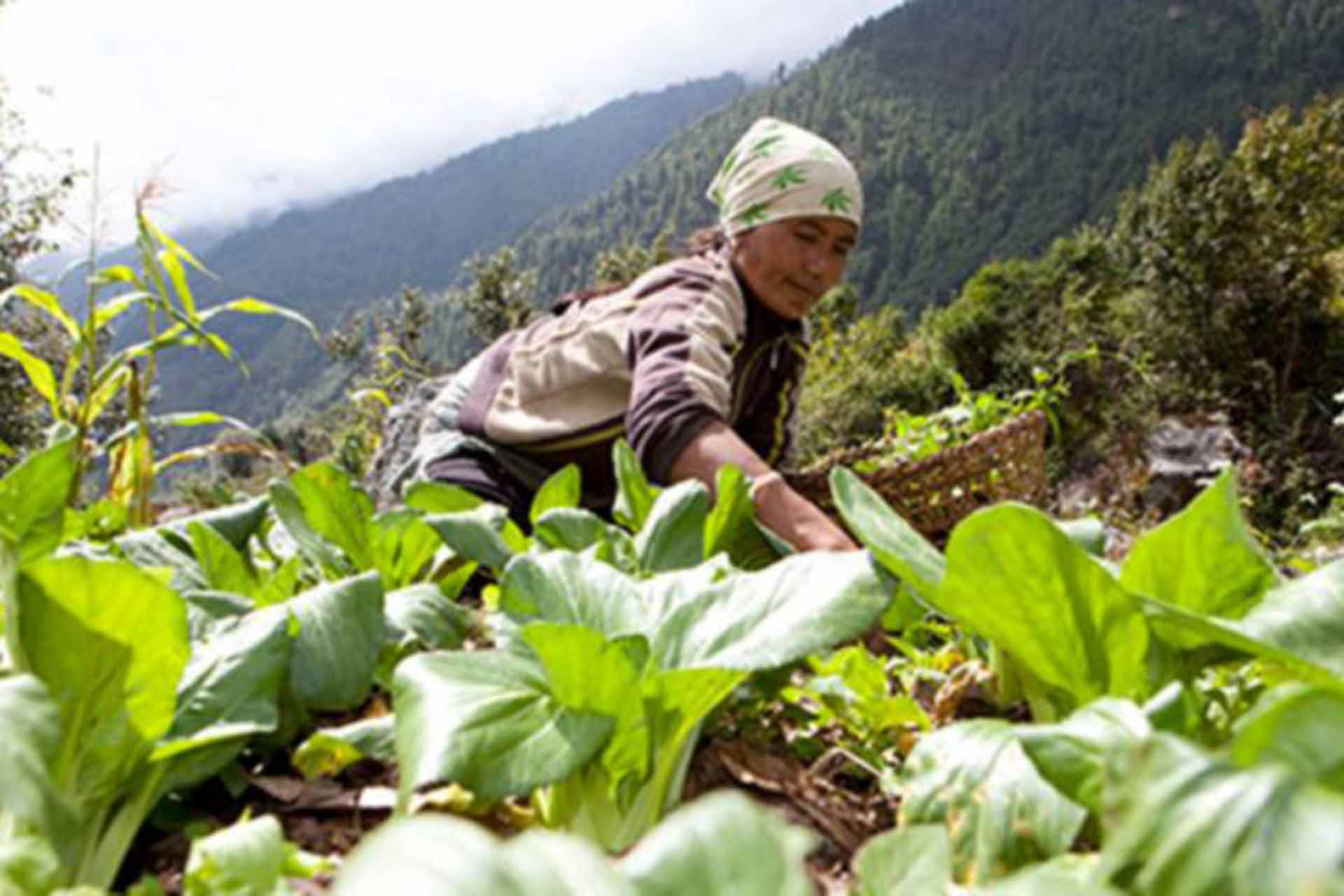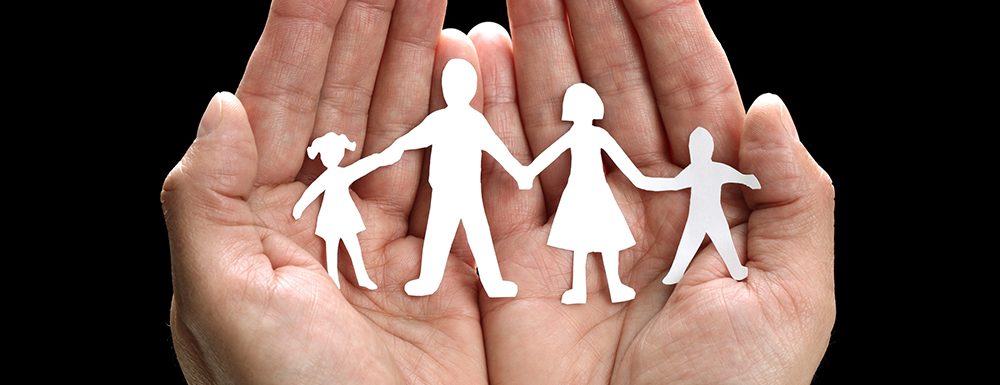
Climate change is a universal problem. Its impacts, such as extreme weather events or rising sea levels, are already affecting people all over the world- including in the places where WWF works. This is why reducing carbon emissions is one of WWF-UK’s 6 “Big Wins”, and why we recognise climate change as a driver for change in our other programmes and work areas.
The impacts of climate change are not evenly distributed. At WWF we know that climate change is as much about sustainable development as it is about economic transition or conservation. That is why WWF’s Terai Arc Landscape Programme supported the installation of biogas plants in villages in Nepal, as well as monitoring polar bear populations in the rapidly-warming Arctic. It is also why we campaigned for climate change to be included in the UN Sustainable Development Goals and for the Paris Agreement to be a fair deal for all countries.
As well as being unevenly distributed, the threat of climate change is not gender-neutral. Women’s relative poverty and dependence on the changing environment makes them vulnerable. Women in the developing world are responsible for around 45-80% of food production and 2.7 billion people are still depended on fires or stoves for their energy, using wood or kerosene sourced by women. A woman in equatorial Africa who is responsible for securing food, water, and energy for her household will be impacted by droughts, changing weather, or by gaining access to renewables.
Many of these same issues, such as relative poverty or being primary care givers, are common to women in the developed world, and so they too will also be seriously impacted by environmental changes- particularly extreme weather events. During Hurricane Katrina, the African American women who lived in the New Orleans’ largest public housing complexes that were filmed on rooftops had been left behind in the flood water because they did not have access to cars or could not move those they were caring for.
But the other side of the story is that empowered women make effective change makers. The same things that make women vulnerable to climate risk, such as their role as stewards of natural and household resources, make women critical ambassadors for climate action or adaption in their communities. The low carbon energy transition is also driving income generating opportunities for women. And whilst women only occupy 4% of World Energy Council positions, the boom in female employment in the global renewables sector will ultimately shift the balance.
One of the things noteworthy about the Paris Agreement was the number of strong women at the heart of the negotiations that secured it- from Christiana Figueres, the UNFCCC Executive Secretary, to Kathy Jetnil-Kijiner, a climate activist from the fast-disappearing Marshall Islands. Here in the UK, the key ministers in our environment and energy ministries are female- and whilst we might argue about the policy detail, it remains inspiring that women (on both sides!) are leading the debate.
If you’re reading this and wondering whether you should take of action, then of course you should. As a first step, you could try our online calculator and interrogate your own carbon footprint. But at WWF we believe that action on climate change should also empower the marginalised and ensuring that the economic and environmental burden is spread fairly- including across the genders.
Above all, we must focus on the benefits as well as the risks. Stay hopeful. Dessima Williams, the ambassador to the UN put it best during the Paris negotiations when she said “the terrible threats of climate change hold in them incredibly positive opportunities, and we’re trying to ride that wave”.
Reading: http://www.un.org/womenwatch/feature/climate_change/downloads/Women_and_Climate_Change_Factsheet.pdf
http://www.jstor.org/stable/20838463
Henrici, Helmuth, and Braun: Women, Disasters, and Hurricane Katrina (2010)
http://www.wwf.org.uk/what_we_do/tackling_climate_change/
http://wwf.panda.org/wwf_news/?95320/Biogas-saving-nature-naturally-in-Nepal


